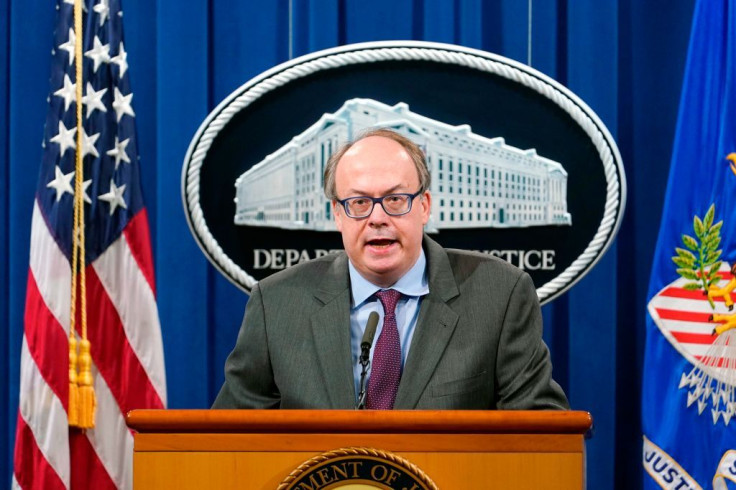Jeffrey Clark, a former top Department of Justice (DOJ) official who helped Donald Trump’s attempts to overturn last year's election, declined to answer questions during a meeting with the committee that's investigating the Jan. 6 US Capitol attack.
Instead, he delivered a 12-page letter from his lawyer, who worked on a post-election lawsuit that was aimed at overturning the election results in Georgia, defending his decision to refuse to testify last Friday. The lawyer, Harry MacDougald wrote that his client planned to wait at least until courts resolve the former President's lawsuit challenging the committee’s access to his White House documents, reported POLITICO.
Committee Chairman Bennie Thompson later issued a statement saying that he had considered and rejected Clark's claim that he didn't have to answer questions under subpoena, and said that he does not have much time to "reconsider and cooperate fully," according to CNN.
His decision to refuse to testify could lead to a referral to the DOJ for contempt of Congress, said Thompson. He found it "astounding" that Clark, who held an important position at one point of time, would now "hide behind vague claims of privilege by a former President, refuse to answer questions about an attack on" America’s democracy, and "continue an assault on the rule of law."
To make the case that Clark cannot testify to the panel, the letter cited another letter in which Trump’s lawyer said that he would not make attempts to stop Clark’s testimony. MacDougald cited in the letter various things including a potential executive and lawyer-client privilege, to justify Clark's refusal to answer questions. According to the letter, it is not proper to put MacDougald's client in a vise between the panel and its "claimed enforcement powers on the one hand, and his constitutional and ethical obligations on the other," especially while there is a pending lawsuit to determine the former President's privilege objections.
Trump would not go to court to try to block Clark and other DOJ officials from testifying about matters related to Clark and the department, the former President’s then-lawyer, former Representatives Doug Collins, wrote a letter in August.
MacDougald argued to the committee investigating the attack that the former President’s letter declining to impede Clark's testimony should block it as it suggested that he could change his position on letting former DOJ officials testify if Congress asked for privileged information from other senior staff members. The lawyer also argued that his client had no direct involvement in any aspect of the riot, and that he worked from home on Jan. 6 to avoid "wrestling with potential street closures to get to and from his office at Main Justice."

© 2025 Latin Times. All rights reserved. Do not reproduce without permission.





